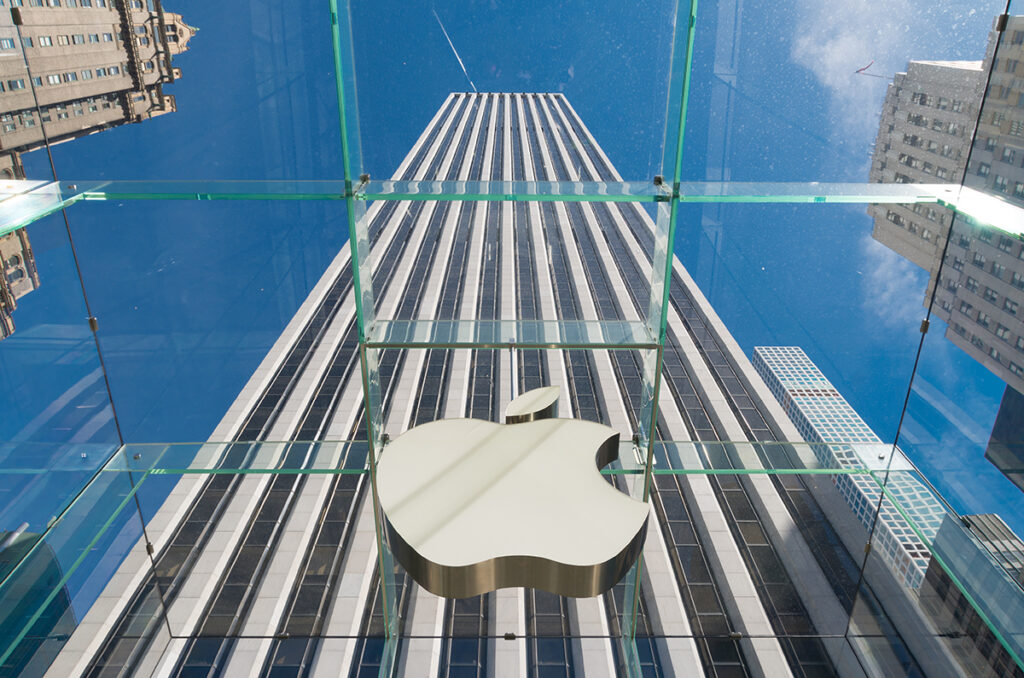After a decade-long endeavor, Apple has decided to terminate its ambitious project to develop an electric car, widely known as “Project Titan.” Reports indicate that the tech giant has redirected many employees from the project to its burgeoning artificial intelligence (AI) division, signaling a strategic shift in priorities.
The decision to abandon the electric car project comes amidst a backdrop of disappointing sales in the electric vehicle (EV) market, prompting several major automakers to reassess their investments and strategies. Conversely, interest and investment in AI technology have been steadily rising, with companies like Microsoft and Google making significant strides in the field.
Apple’s move aligns with a broader trend in the tech industry, where enthusiasm for AI development has outpaced interest in EV investments. Analysts suggest that maintaining a competitive edge in technological innovation is crucial for Apple to justify its premium product pricing.
While Apple never officially confirmed its plans to manufacture an electric car, the company had been making notable strides in the automotive sector. Since at least 2014, Apple had been recruiting automotive executives and testing self-driving vehicles after receiving a permit from the California Department of Motor Vehicles in 2017. Additionally, the acquisition of Drive.ai, a self-driving car startup, and the hiring of a BMW veteran with expertise in electric vehicles further fueled speculation about Apple’s automotive ambitions.
Despite speculation, Apple’s entry into the EV market was anticipated to focus on selling car operating systems or related technologies rather than manufacturing entire vehicles. This strategy aligns with CEO Elon Musk’s claim that he attempted to sell Tesla to Apple during a challenging period but was rebuffed by Apple CEO Tim Cook.
Analysts had previously hailed Apple’s potential entry into the electric car market as a transformative event, akin to the company’s disruptive impact on the mobile phone industry with the iPhone. However, Apple’s decision to pivot away from the EV sector underscores the challenges and uncertainties inherent in the highly competitive automotive industry.
While Apple retreats from the electric car arena, one of its key partners, Foxconn, is seizing the opportunity to enter the market. Known for manufacturing iPhones, Foxconn has announced plans to diversify into electric car production, with sales slated to commence this year. Foxconn’s CEO, Young Liu, has emphasized the need to reinvent the electric car business model, highlighting the company’s commitment to innovation and adaptation.
As Apple refocuses its efforts on AI development, the tech industry eagerly anticipates the next wave of innovation from the Cupertino-based company. With its track record of groundbreaking products, Apple’s foray into AI could potentially reshape the technological landscape once again.


